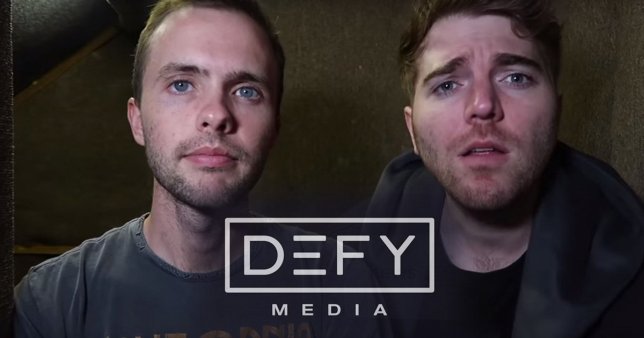What’s Going On With YouTube?
A deeper look at YouTube’s most recent scandals
YouTube, which was created in 2005, has become a media phenomenon. Its main appeal is its free, independent publication process which gives creators the reigns in deciding what kind of content they produce and when they produce it. Recently, however, this freedom has become more of a burden than a beacon.
This past year, big changes in the YouTube algorithm and advertisements forced creators to find new ways to create content. Due to the discovery of inappropriate, racially charged and/or violent videos being monetized on the platform, many of YouTube’s sponsors withdrew their advertisements from the website. As a result, YouTube implemented stricter monetization policies on their videos, doubling down on profanity and political correctness. This closer moderation of creators’ content lead to the demonetization of what could generally be called “good” content- content that shares a message, entertains, but does so in a satirical or mildly offensive manner.
A large portion of the content affected by demonetization has been social commentary creators. This past year, there was an uproar as YouTube viewers discovered that several of their favorite LGBTQ creators had been demonetized due to politically charged statements made in their videos. On the other side of the spectrum, it was revealed that many conservative content creators had been deprived of proper video monetization due to their controversial subject matter. YouTube has been accused, therefore, of inhibiting free speech by withholding payment from their creators. In the meantime, viewers are allowed to enjoy monetized videos of YouTubers like Logan Paul and Tana Mongeau discovering dead bodies, speaking explicitly about sex, and being physically violent with one another.
Creators have taken the platform by storm. YouTubers like Phillip Defranco and H3H3Productions have repeatedly criticized YouTube for promoting inappropriate or uninteresting content over controversial content. They claim that by demonetizing videos that contain satirical or socially aware statements, YouTube is punishing its creators for taking creative risks; therefore, the platform is waddling its way toward extinction by way of dangerous challenges (see Jake Paul and co) and banal vlogging videos.
Most interestingly, the demonetization issue has forced many creators to seek income elsewhere. Some creators have signed freelance brand deals, which they advertise in their videos themselves, and others have created Patreon pages where their viewers are able to support them directly. Alternatively, many YouTubers have signed deals with Hollywood-esque companies, waiving their rights to make branding decisions and manage their earnings to receive professional crews and investment in return. Recently, one of these companies, Defy Media, went bankrupt. Creators signed to Defy Media- most prevalently, Smosh (23+ million subscribers) and Clevver News (4+ million subscribers)- had all of their earnings withheld, and were left crewless and penniless.
Defy Media’s shutdown is not the fault of its creators. Companies like Defy Media are new to the YouTube game, and operate under the same tactics as they would with Hollywood producers. The fiscal success of their clients, therefore, is all they have to bargain with. When YouTube cracks down on monetization, independent creators are able to look for money in other places; however, creators like Smosh and Clevver News who are signed on to major companies are forced to carry on as usual and wait for the situation to mend itself. This is the sort of typical YouTube issue that companies like Defy Media are incapable of understanding.
What of the money Defy Media owes? YouTube creator Ryland Adams, also signed to Defy Media, claims that his earnings have been stolen from him. Adams used to work with Clevver News, one of the few major YouTube companies that was abandoned following Defy Media’s bankruptcy, but was able to leave the company as an independent creator under a stricter contract. Adams partnered with MCN (Multi-Channel Network), who reportedly dictated what he posted, when he posted, and how he presented himself. Adams felt trapped.
Three days prior to Defy Media’s shutdown, Adams was due for payment. Not only did he lose his deal with MCN through Defy, but he was never paid his due following their bankruptcy. Cases like Adams’, paired with the current monetization situation, have made the YouTube community wonder: is YouTube content still free and independent, or are creators selling themselves away to be a part of the platform?


